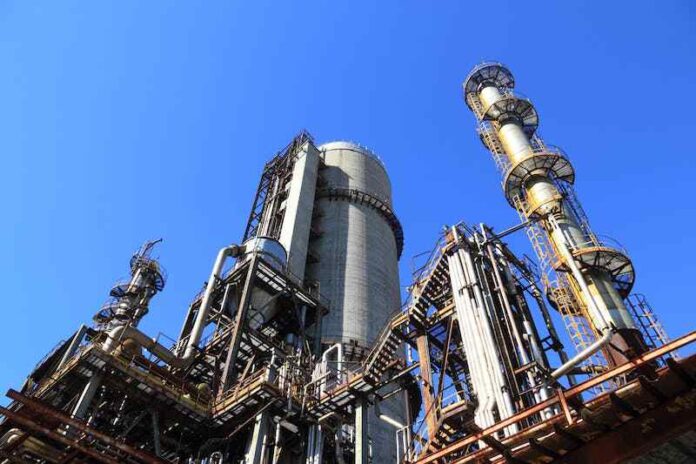
The oil and gas industry has long been a powerhouse, driving economies and fueling the world’s energy needs. As 2024 approaches, the industry is evolving, and with that evolution comes a demand for a diverse range of skilled professionals.
Let’s explore five pivotal roles that are set to play a crucial part in shaping the future of the oil and gas sector.
Exploration Geologists: Unearthing New Frontiers
Exploration geologists are the backbone of the oil and gas industry, constantly seeking new reserves to sustain the world’s energy demands. Their expertise in analyzing geological data, utilizing cutting-edge technology, and understanding subsurface structures is paramount in identifying potential drilling sites and ensuring a steady supply of resources.
As they delve into uncharted territories, exploration geologists contribute not only to resource discovery but also to minimizing environmental impact through responsible exploration practices.
By employing advanced environmental monitoring techniques and collaborating with environmental engineers, these geologists actively engage in eco-friendly exploration methods, ensuring that their discoveries align with sustainable development goals and promote a harmonious coexistence with the ecosystems surrounding potential drilling sites.
In doing so, exploration geologists play a vital role in fostering a balance between energy needs and environmental stewardship.
Oil and Gas Accountants: Balancing the Books for Industry Success
Oil and gas accounting plays a pivotal role in maintaining fiscal integrity. Responsible for managing complex financial transactions, adhering to industry-specific accounting standards, and ensuring compliance with regulatory requirements, these professionals provide the financial clarity necessary for strategic decision-making.
In an era of dynamic oil prices and global economic shifts, oil and gas accountants employ advanced financial modeling and risk management strategies, enabling companies to navigate economic uncertainties while maintaining stability in their financial portfolios.
Environmental Engineers: Balancing Progress with Sustainability
In light of growing concerns about the environmental effects of the industry, the significance of environmental engineers has risen significantly. Their responsibility involves creating and executing plans to reduce the environmental impact of oil and gas operations, advocating for sustainability, and ensuring strict compliance with environmental regulations.
In the pursuit of a greener energy future, environmental engineers collaborate with multidisciplinary teams, integrating innovative technologies and practices to mitigate environmental risks associated with energy extraction and production.
Drilling Fluids Engineers: The Lifeblood of Operations
When it comes to oil and gas extraction, drilling fluids engineers play a vital role in optimizing drilling processes. Their expertise in developing and managing drilling fluid systems ensures efficient wellbore stability, reduces operational risks, and enhances overall drilling performance.
Beyond the drilling rig, these engineers actively contribute to research and development, innovating new fluids and technologies to address evolving challenges in deep-sea drilling, unconventional reservoirs, and other frontiers of exploration.
Digitalization Specialists: Transforming the Industry through Technology
As the oil and gas sector embraces digital transformation, the need for specialists in data analytics, artificial intelligence, and automation is on the rise.
Digitalization specialists contribute to optimizing processes, enhancing decision-making through predictive analytics, and fostering innovation across various aspects of the industry, from exploration to production.
Their role extends to integrating smart technologies like the Internet of Things (IoT) and machine learning, creating a connected ecosystem that not only enhances efficiency but also enables predictive maintenance, reducing downtime and operational costs.

